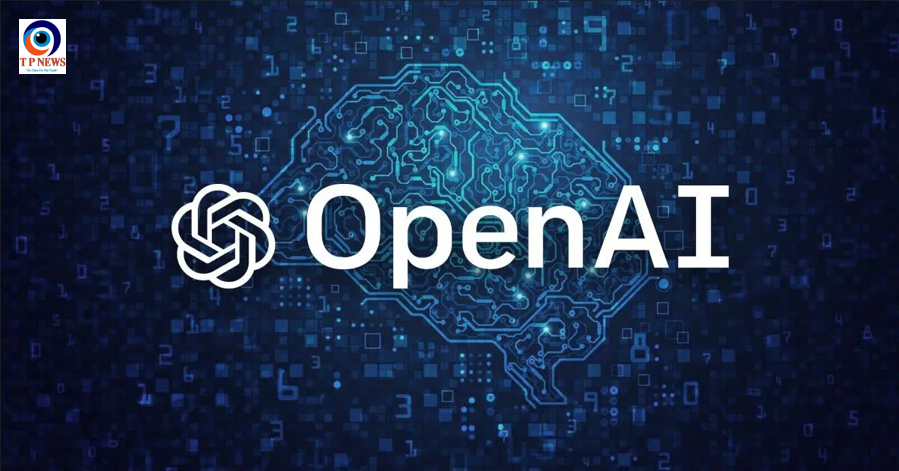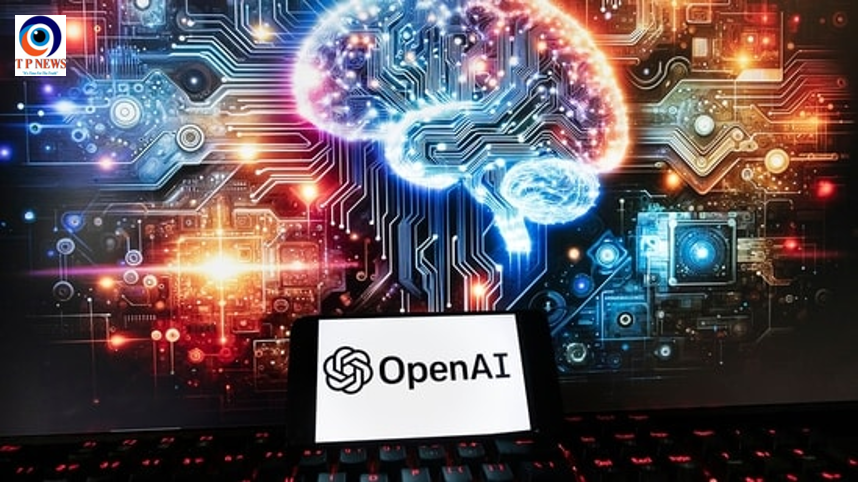The race for AI supremacy has entered an exciting new chapter as Google introduces Veo 2, its next-generation AI video generation model. Coming on the heels of OpenAI’s Sora release, Veo 2 is a bold statement in the escalating rivalry between the tech giants. With its promise of unmatched accuracy and realism, Veo 2 sets a new benchmark in AI-driven video creation.
Raising the Bar in Video Generation
Unlike traditional models that often “hallucinate” errors—such as distorted hands or unexpected artifacts—Veo 2 significantly reduces these issues, delivering videos that are remarkably lifelike. Whether it’s creating hyper-realistic scenes, dynamic animations, or stylized visuals, Veo 2 excels across a wide range of styles and subjects, ensuring unparalleled quality and precision.
Exclusive Access Through Google Labs
Currently, access to Veo 2 is limited to Google Labs’ VideoFX, where interested users can join the waitlist to experience its capabilities firsthand. This phased rollout underscores Google’s strategic approach to fine-tuning the model before it becomes widely available.
But that’s not all—Google has ambitious plans for Veo 2. By 2025, the model will be seamlessly integrated into YouTube Shorts and other Google products, positioning it as a cornerstone of the company’s AI-driven content creation strategy.
The Growing Battle Between Giants
Veo 2’s release comes at a pivotal moment, following OpenAI’s launch of Sora, an AI video generation model that has garnered widespread attention. This latest move highlights the intensifying competition between Google and OpenAI. Earlier, OpenAI’s ChatGPT Search had challenged Google’s dominance in the search engine market. Now, with Veo 2, Google is reclaiming its ground, signaling its commitment to leading the charge in AI innovation.
Why Veo 2 Stands Out
Google’s official blog emphasizes the model’s capacity for high detail and realism, setting it apart from other solutions in the market. By addressing common pitfalls in AI-generated videos, such as distorted features and random anomalies, Veo 2 establishes itself as a game-changer for creators, brands, and businesses seeking professional-grade video content.
What’s Next for AI Video Creation?
As Veo 2 gears up for broader adoption, its integration into YouTube Shorts signals a paradigm shift in short-form content creation. Imagine creators leveraging AI to produce visually stunning videos in minutes—without compromising on quality or creativity.
With Veo 2, Google isn’t just keeping up with the competition; it’s shaping the future of AI-powered video creation. From democratizing content production to enabling entirely new forms of storytelling, Veo 2 is poised to revolutionize how we create and consume video content.
Join the Revolution
If you’re eager to explore Veo 2’s groundbreaking features, now is the time to join the waitlist on Google Labs. Be among the first to witness the transformative power of Veo 2 as it redefines what’s possible in AI-driven video generation.
The future of video content is here—and it’s powered by Google Veo 2. Are you ready to create without limits?











